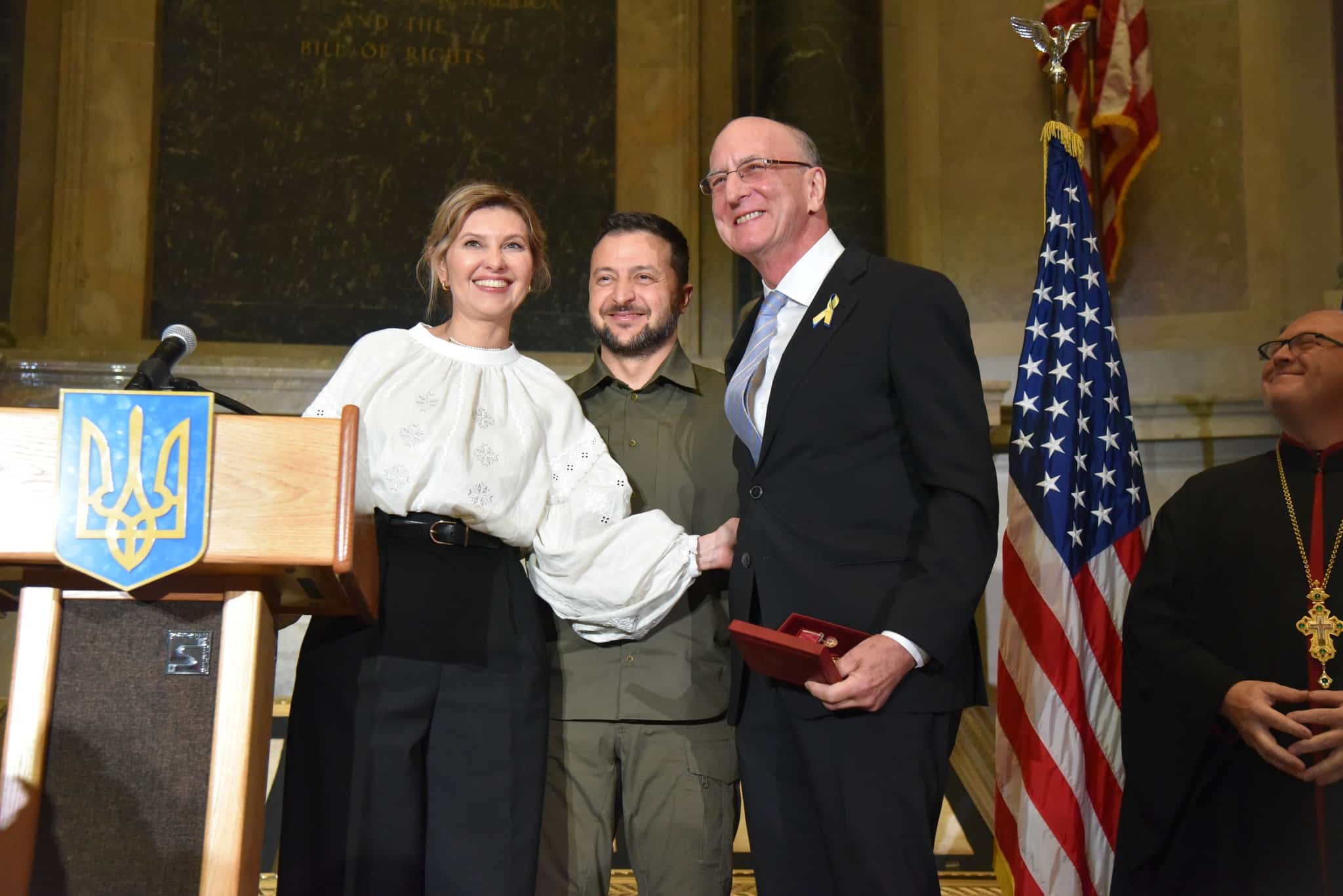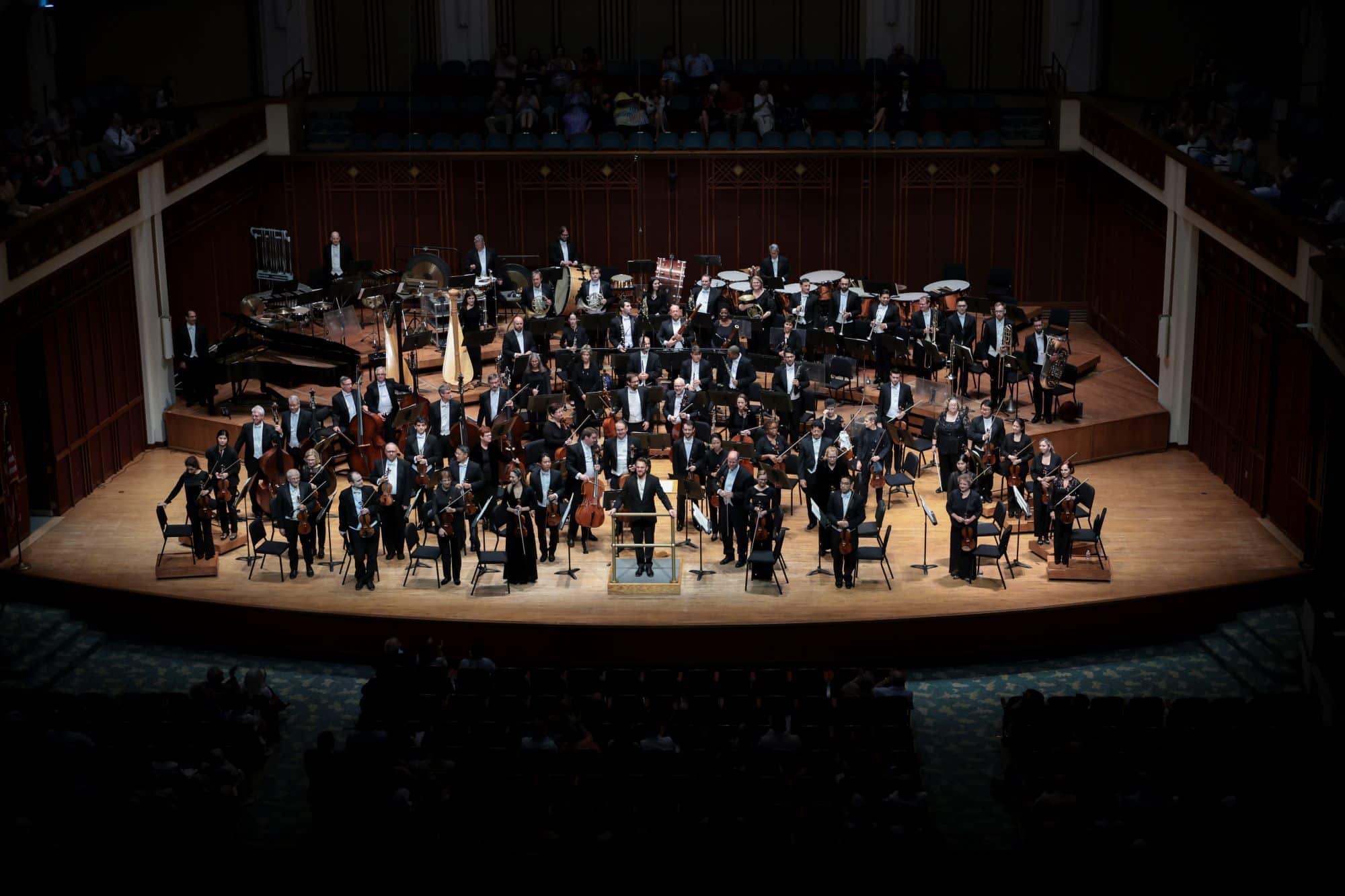Warning to pianists: Artificial Intelligence can play just like you
mainMassive Technologies in Canada has issued a video of AI simulating a pianist’s hands while playing a pre-recorded track.
It’s alarming.
Watch.


Massive Technologies in Canada has issued a video of AI simulating a pianist’s hands while playing a pre-recorded track.
It’s alarming.
Watch.

It became known today that Graham Parker has…

The image below has gone up on a…

The Metropolitan Opera’s general manager has been giving…

They’re not quite sure what’s hit them in…

Session expired
Please log in again. The login page will open in a new tab. After logging in you can close it and return to this page.
Comments